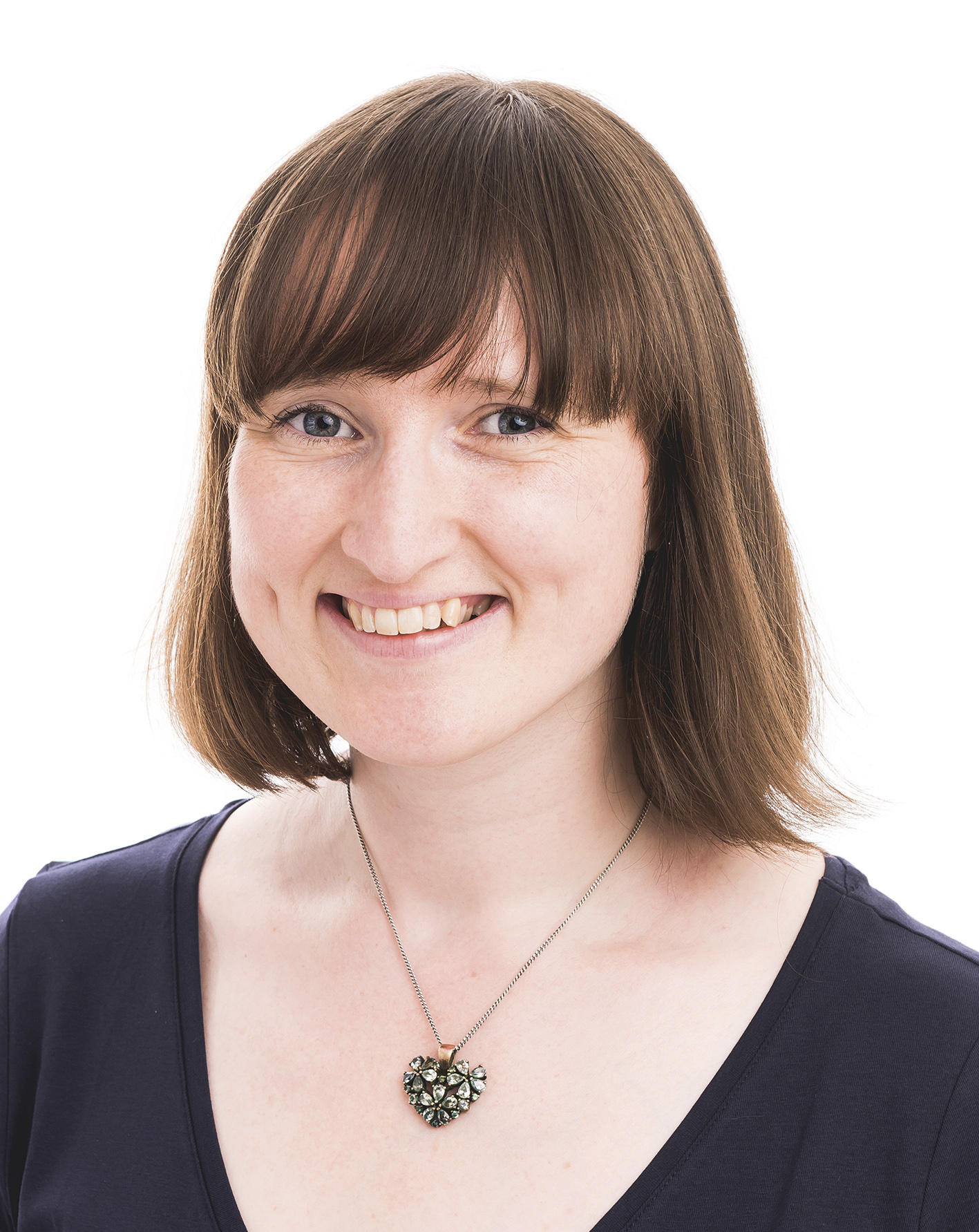Born in Québec in 1929, André Mathieu was a child prodigy – once even dubbed 'the Canadian Mozart'. His career didn't pan out as well as he had hoped, and he died at 39, after struggling with alcoholism. In happier days, Mathieu's keyboard technique impressed even the formidable Rachmaninov, and most of his major works – often in a lush, late-Romantic style – feature the piano.
Concerto de Québec
The central movement of the Concerto de Québec was used in the 1947 film noir La Forteresse (Whispering City, in its English counterpart), and became Mathieu's calling card. That's the simplified story. There are in reality at least six versions of this 25-minute concerto, the first of which Mathieu wrote when he was a teenager. Titles range from Symphonie romantique to Piano Concerto No. 3, and there's even a solo piano version.
'Think of the music as an uncut diamond,' says the pianist Alain Lefèvre, a champion of Mathieu's music, 'whose appeal may be compromised by surface impurities, but which nevertheless possesses great inherent beauty.”
Piano Concerto No. 4
Mathieu headed off to study with Honegger in Paris in 1946, but it wasn't a fruitful relationship. Still, when he returned home the following year he had added a Fourth Concerto to his list of works.
It only existed in vinyl recordings until recent years, when the whole thing was painstakingly recreated by ear. Cast in E minor, and more Russian than French in spirit, this concerto has a brooding melancholic grandeur.
• Gershwin's Rhapsody in Blue… What to listen to next
• Review: Alain Lefèvre plays Mathieu's Rhapsodie Romantique
• Review: Mathieu's Concertino No. 2 played by Alain Lefèvre
Rhapsodie Romantique
This 1958 work for piano and orchestra was dedicated to the composer's wife, Marie-Ange Mathieu. According to Lefèvre, who rediscovered and premiered the work in 2008, a parcel arrived mysteriously at his house one day with a note: 'I can’t tell you who I am; I can say only that (…) you are the only person who should have this score.'
'Imagine Falla’s Nights in the Gardens of Spain and Ravel’s Left-Hand Concerto combining with Rachmaninov in C minor Concerto mode, and you’ll know roughly what to expect from the Rhapsodie romantique,' wrote BBC Music Magazine critic Julian Haylock. 'A glorious piece that all die-hard Romantics should definitely hear.'

